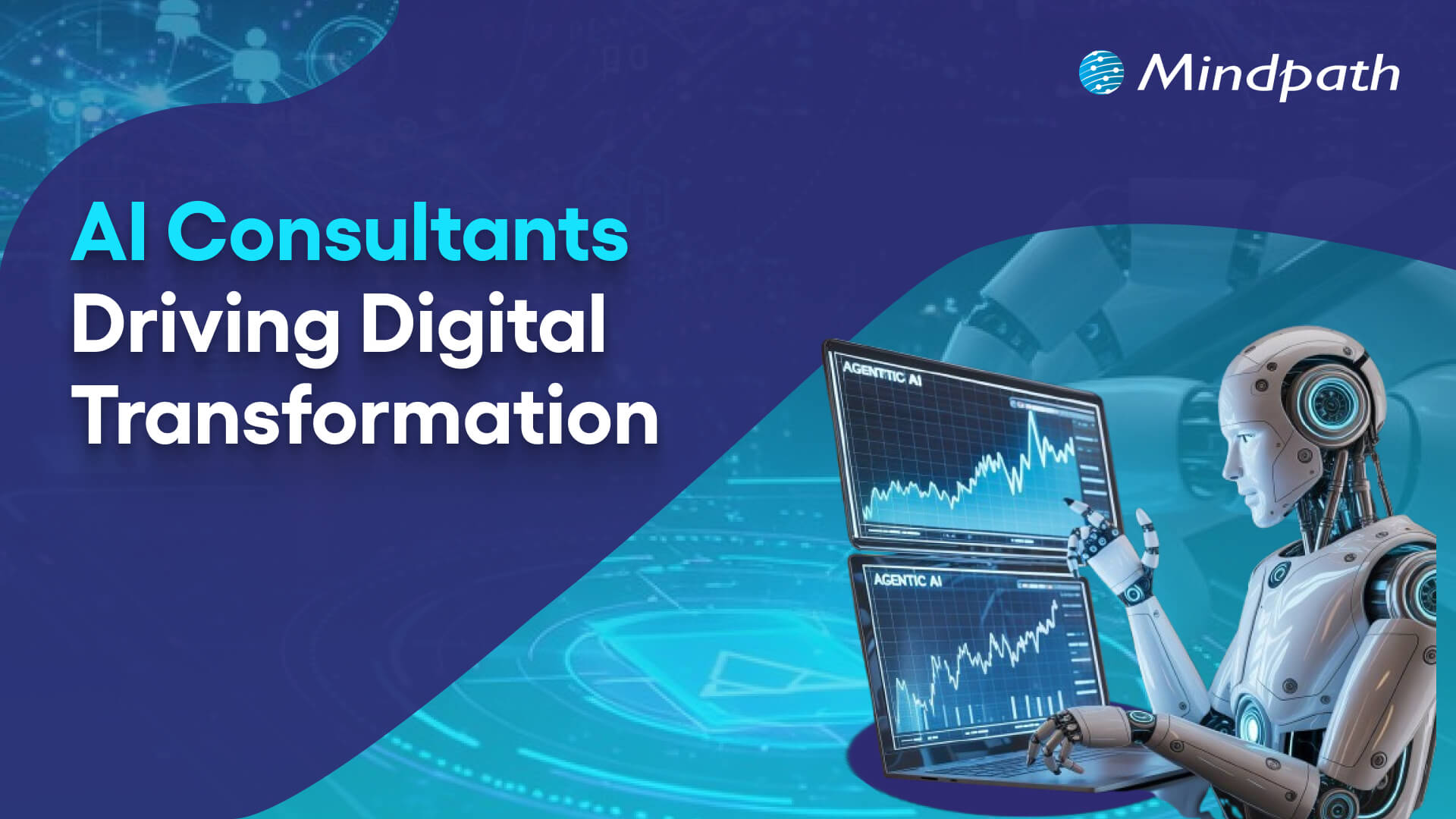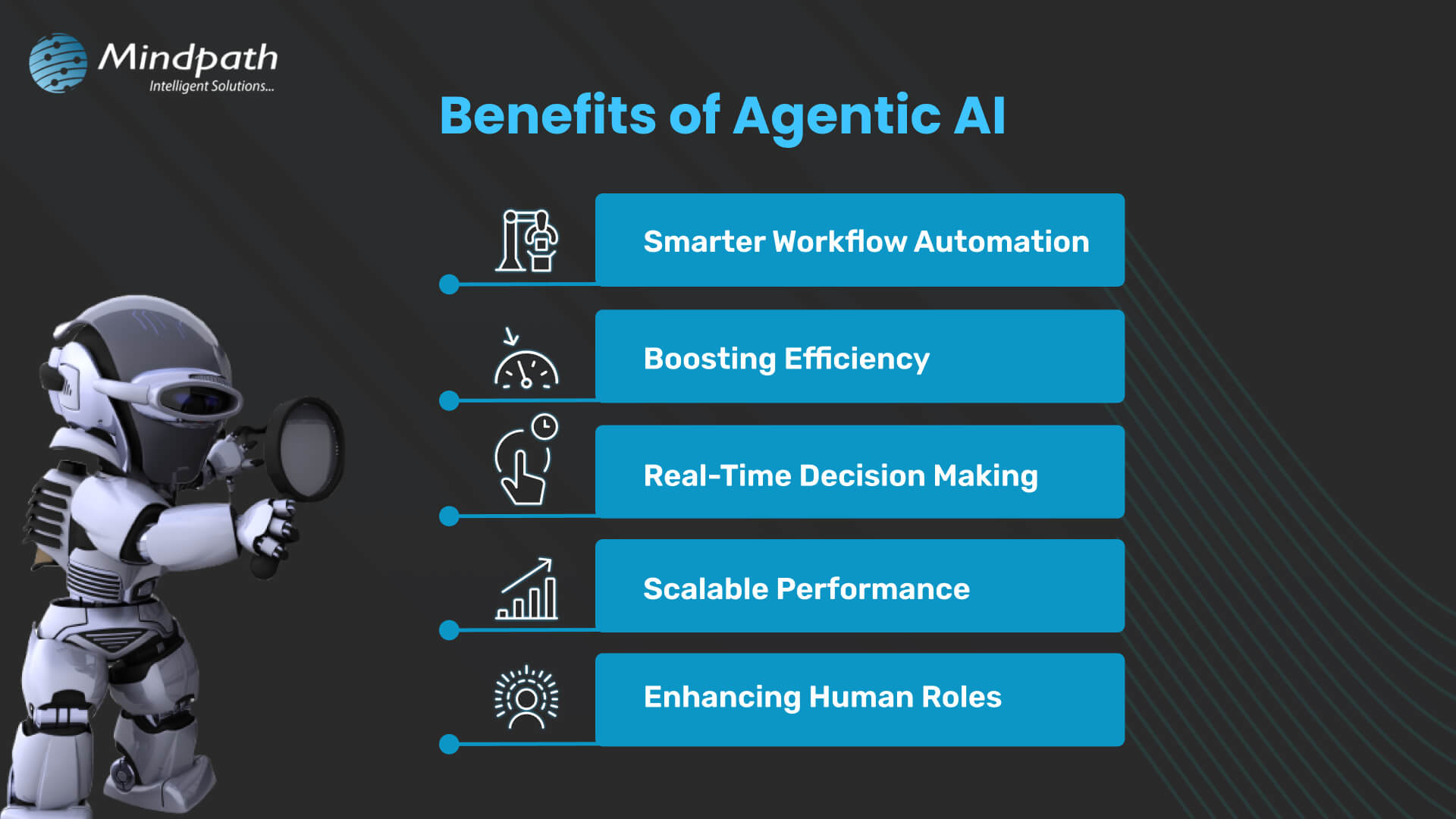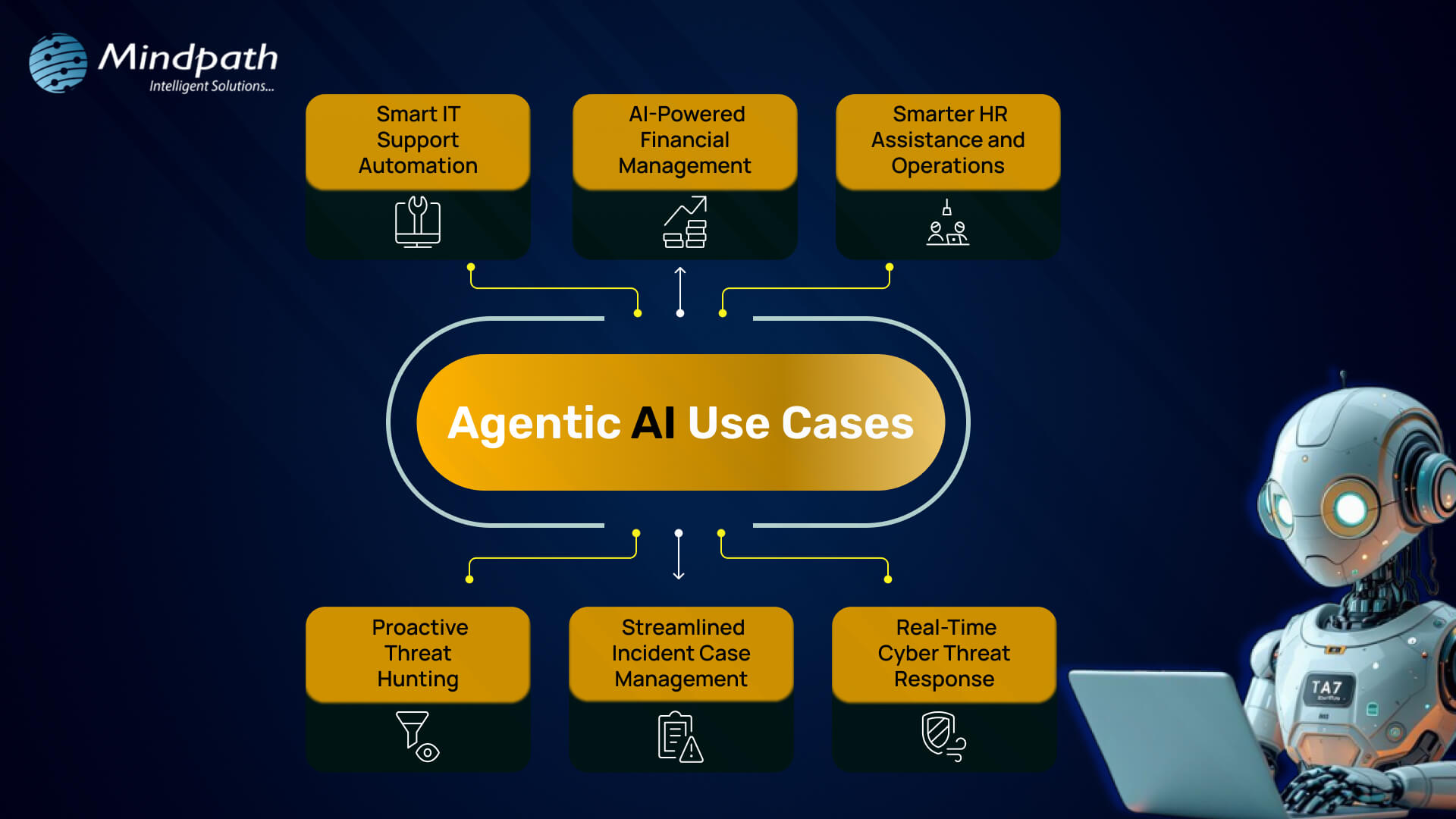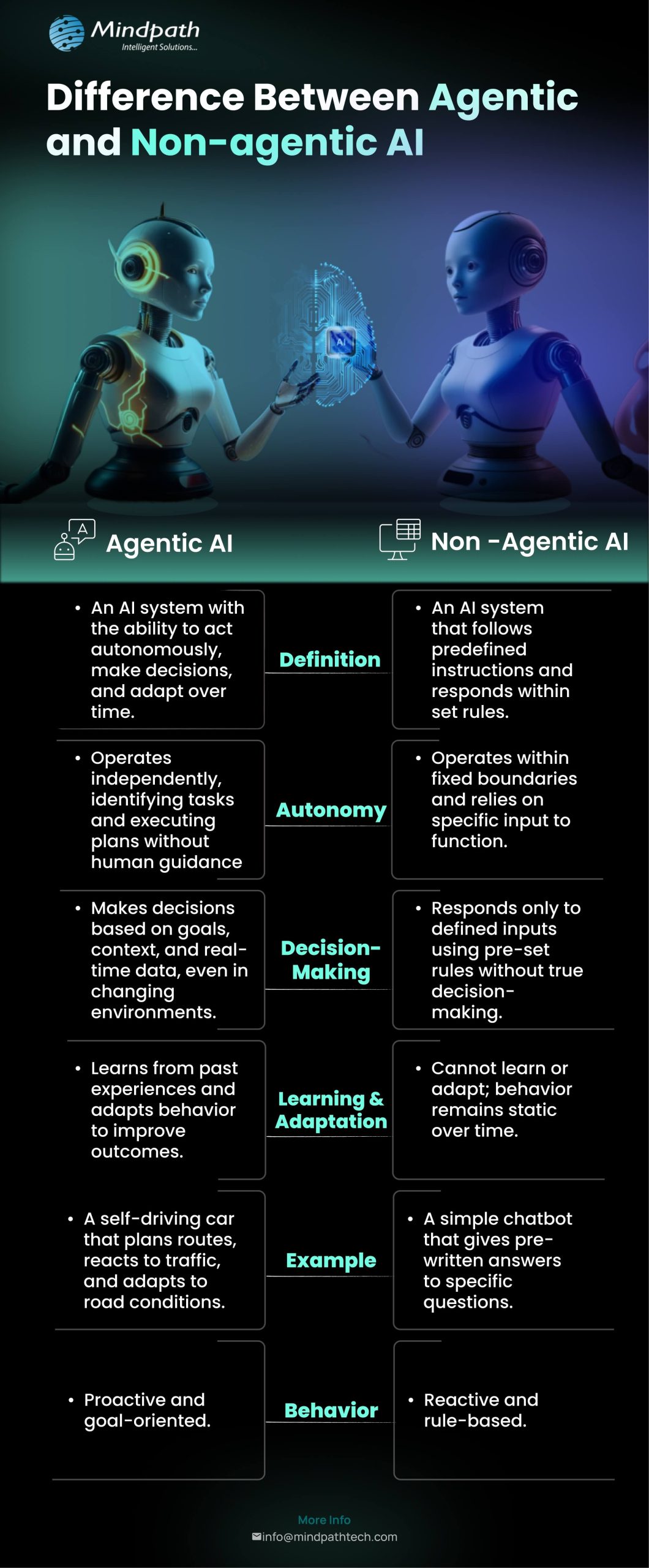In today’s rapidly evolving digital landscape, cybersecurity challenges are becoming more complex and frequent. How can organizations effectively stay one step ahead of increasingly sophisticated threats? The answer lies in Artificial Intelligence (AI). But how exactly is AI reshaping the cybersecurity landscape, and what benefits does it offer in strengthening defense mechanisms? In this blog, we’ll explore how AI is transforming cybersecurity.
Artificial intelligence (AI) is a technology that enables computers to do tasks that normally require human intelligence. AI enables computers to recognize pictures, comprehend spoken and written language, analyze data, make recommendations, and much more. Artificial intelligence (AI) is crucial for cybersecurity because it allows quicker, better, and more proactive defense measures. AI can analyze massive quantities of data in real-time, allowing it to identify and respond to threats more precisely than traditional approaches. As cyber threats become more sophisticated and frequent, AI delivers enhanced capabilities for detecting vulnerabilities, preventing assaults, and ensuring a better, more robust security architecture for both enterprises and individuals.
Let’s delve into the role of AI in securing our digital future!
Role of AI in Cybersecurity
1.Threat Response & Mitigation
AI’s role in cybersecurity extends beyond speed; it also improves consistency and precision in threat response. Unlike human-led alternatives, which can be hampered by fatigue or inaccuracy, AI systems are constantly operational and can respond as soon as a danger is identified. This fast approach is essential in mitigating the impact of cyberattacks.
AI also provides automated decision-making, which allows it to recognize a danger, select the appropriate response, and take action without the need for human input. This not only saves time but also relieves the burden on cybersecurity teams, allowing them to concentrate on difficult situations that need human intervention. Furthermore, AI’s capacity to learn from each incident implies that its reactions get smarter and more polished over time, making it a formidable tool for defending against both known and emerging threats.
2. Smart Threat Detection
AI’s advanced threat detection skills not only assist in identifying possible hazards more quickly but also help prevent attacks from sliding through. Traditional security techniques can fail to identify emerging threats, but AI can adapt and enhance detection methods by learning from previous instances. It employs computers to analyze data in real-time, instantly identifying even the smallest irregularities that can indicate a cyberattack.
Furthermore, AI-based threat detection minimizes the number of false positives that security teams must examine, relieving them of superfluous warnings and allowing them to focus on actual threats. AI provides a more complete perspective of security events by combining insights from several data sources, allowing for the detection of sophisticated, multi-stage attacks. This unified strategy enables organizations to keep one step ahead of criminals, improving overall security and providing them with the confidence to function safely in a digitally connected environment.
3. Enhanced Analyst Experience
Generative AI streamlines how security analysts engage with data while improving their capacity to respond to new threats more accurately. By automating basic operations such as data sorting, report production, and early threat analysis, AI allows analysts to focus on sophisticated issue-solving and proactive defense measures.
Furthermore, GenAI’s ability to summarise large datasets and uncover essential insights assists analysts in avoiding information overload by providing them with relevant data points to respond swiftly. The technology’s capacity to learn from previous instances and analyst input ensures that its findings become more accurate and relevant. This eventually helps security teams to stay ahead of cyber dangers, making faster, smarter, and more strategic decisions in an ever-changing threat landscape.
4. AI-Powered Threat Hunting
AI significantly improves threat hunting by collaborating with human analysts and combining human intuition with AI’s tremendous data processing capabilities. While human analysts provide experience and insight, AI can swiftly analyze large volumes of data, discovering possible risks that might otherwise go undetected. This partnership allows for more extensive and precise threat hunting.
AI also enhances Managed Detection and Response (MDR) services by providing improved threat intelligence and analytics. These AI-powered insights assist in prioritizing risks, streamlining investigations, and guiding response actions. The combination of AI analytics capabilities and human knowledge results in faster detection, better threat prioritization, and more successful remediation, allowing security teams to be more efficient and proactive in fighting against complex online attacks.
5. Proactive Vulnerability Management
Vulnerability management is essential for staying ahead of cyber threats, and AI makes the process more efficient and proactive. AI-powered technologies provide continuous monitoring and automated scanning to uncover security flaws across many platforms in real-time. Once a vulnerability has been detected, these tools can give extensive recommendations for resolving the problem, such as changing system configurations or managing patches, based on AI-driven severity evaluations.
AI’s capacity to deliver continuous, round-the-clock monitoring guarantees that your organization is not only protected against current risks but also prepared for any future weaknesses. By automating vulnerability identification and mitigation, AI contributes to overall security, lowering the risk of attacks and decreasing downtime.
Also Read: Enhancing Education with AI: Use Cases and Key Benefits
AI Development Services in Mindpath
Final Thoughts!
AI is revolutionizing cybersecurity by improving threat detection, simplifying responses, and proactively mitigating vulnerabilities. Its capacity to analyze massive volumes of data in real time, react to new threats, and give actionable insights is changing the way businesses protect against cyber hazards. As assaults become more complex, AI’s ability to provide faster, more accurate, and scalable security solutions has never been more important. At Mindpath, we are committed to assisting organizations in using the potential of AI to boost their cybersecurity. Our specialized AI development services help organizations automate processes, make better decisions, and confidently protect their digital environments.
Ready to strengthen your cybersecurity with AI?
Partner with Mindpath today to explore our tailored AI development services and stay ahead of evolving digital threats.















